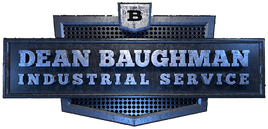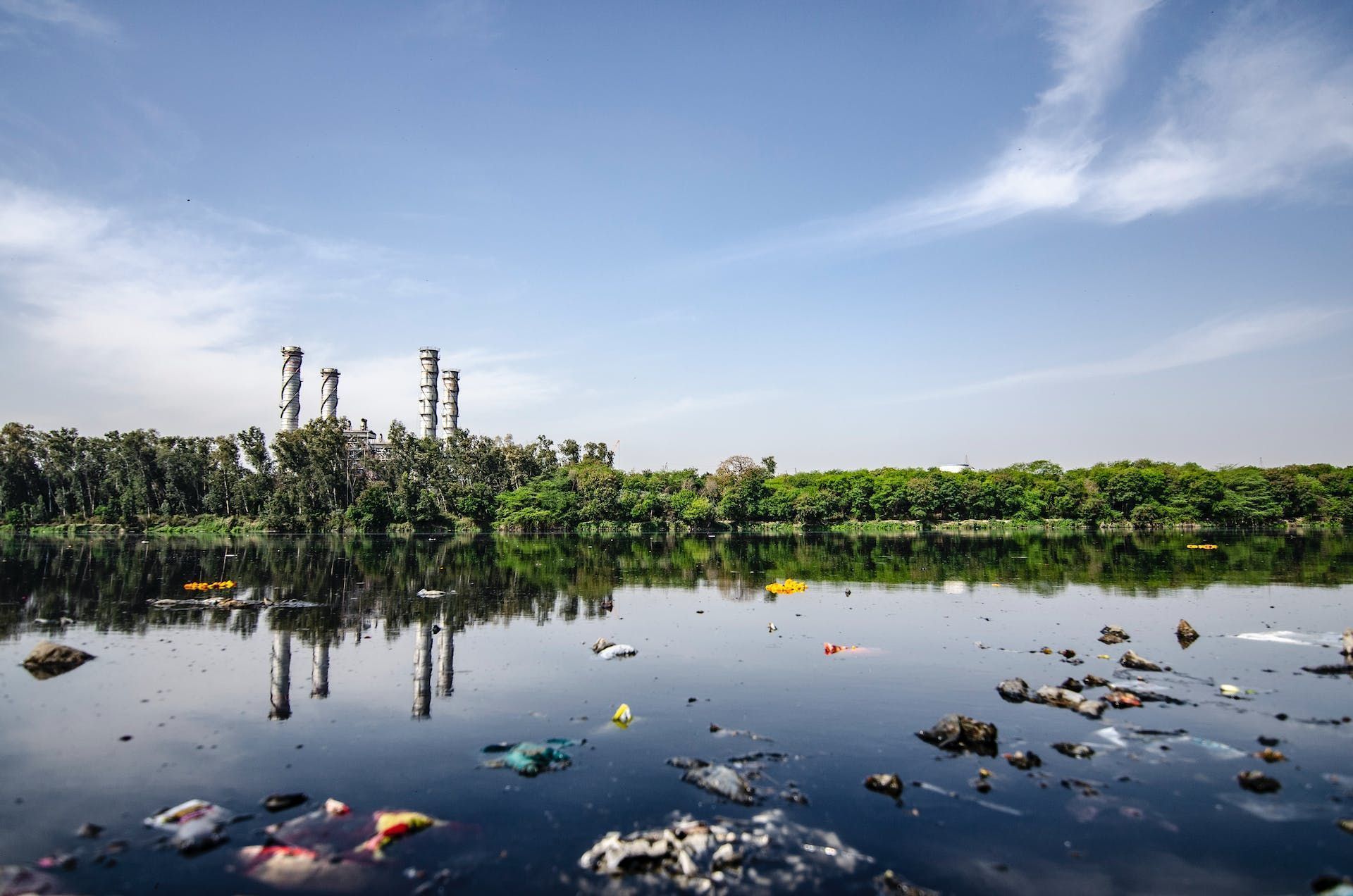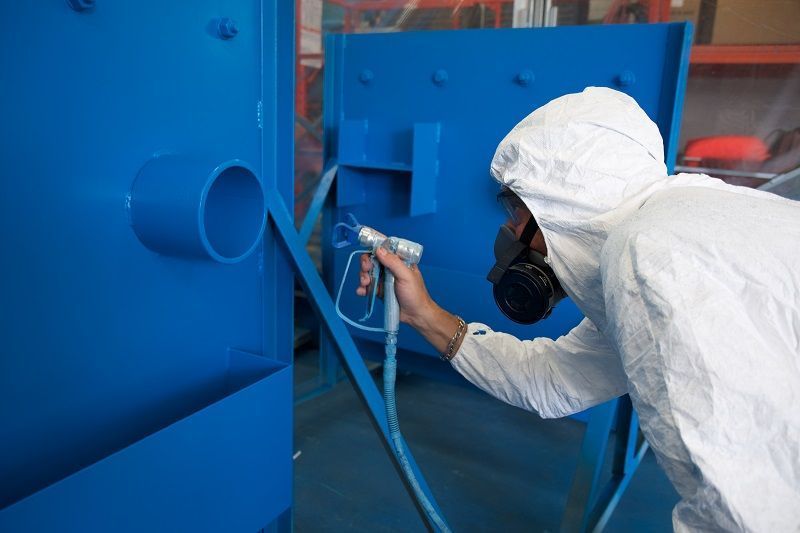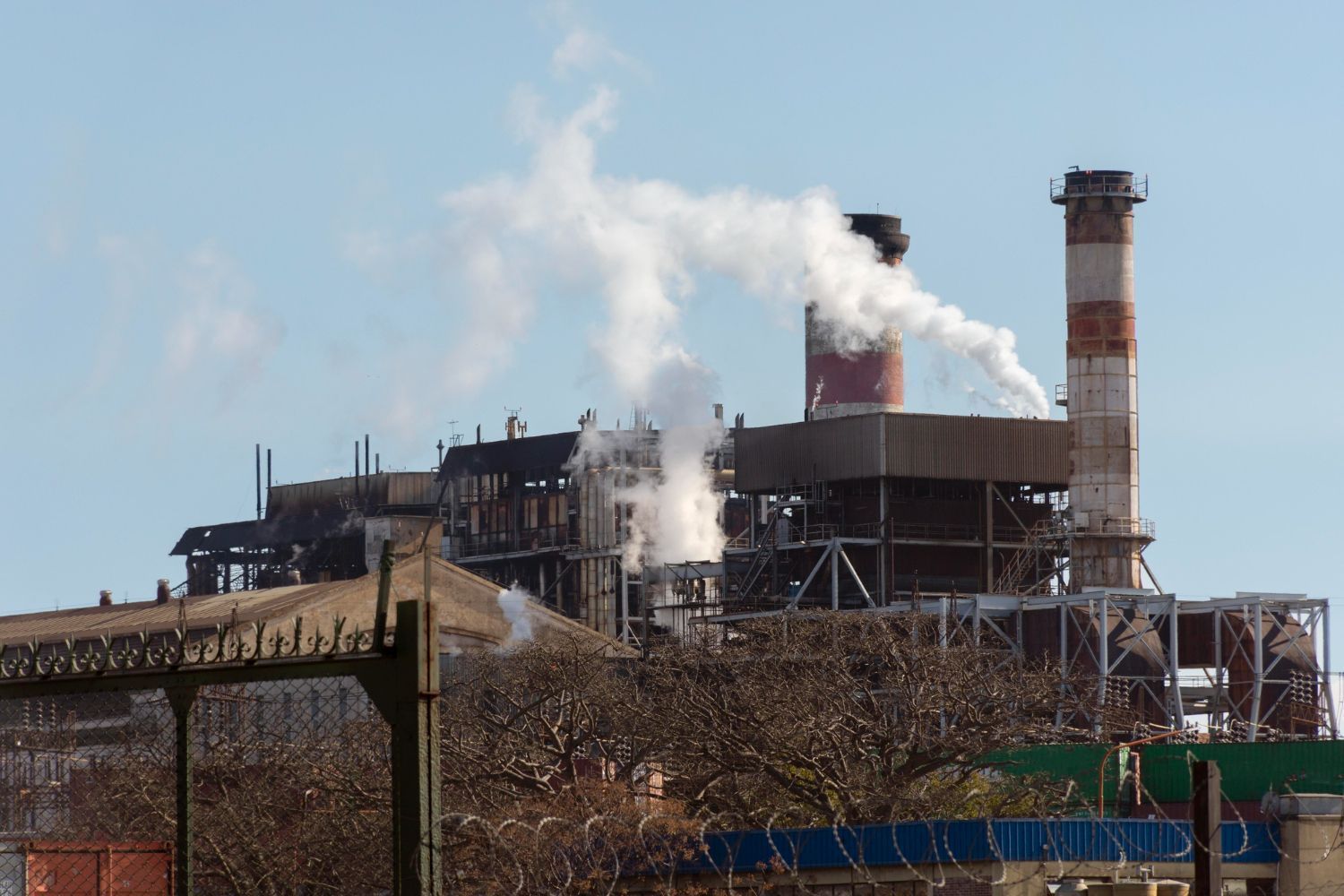Why Does Industrial Waste Management Matter?
In today's rapidly evolving world, industrialization brings about countless benefits, including economic growth and technological advancements. However, it also poses significant environmental challenges, particularly in terms of industrial waste generation. Proper industrial waste management has become an urgent necessity to ensure that industries operate sustainably and protect our planet for future generations. We will shed light on why does industrial waste management matter and the positive impact it has on our environment, economy, and public health.
Environmental Preservation
Industrial waste is often laden with toxic substances, pollutants, and hazardous chemicals that can contaminate ecosystems, including air, water bodies, and soil. Unchecked disposal methods, such as improper landfills or the release of untreated wastewater into rivers, can lead to the destruction of delicate habitats and ecosystems. Effective waste management strategies, employing recycling, reuse, and proper disposal techniques, help minimize environmental degradation, preserving the balance of nature for future generations.
Human Health and Safety
Industrial waste can have severe implications on human health. Exposure to hazardous substances or improper disposal practices can lead to acute or chronic health conditions, ranging from respiratory problems and skin irritation to more severe conditions like cancer. Communities residing near industrial sites particularly suffer from increased vulnerability to health issues. Through efficient waste management practices, the potential risks to human health are reduced, safeguarding the well-being of workers, local residents, and the broader population.
Resource Optimization and Sustainability
Industrial waste management promotes resource conservation and sustainability. Proactive waste reduction strategies, such as recycling and reusing materials, minimize the exploitation of raw resources. By implementing a well-designed waste management program, businesses can cut costs, optimize resource utilization, and avoid unnecessary environmental strain. Additionally, industries can develop eco-friendly alternatives, leading to a transition towards a circular economy that minimizes waste generation altogether.
Compliance with Regulations
Countries worldwide have recognized the importance of proper industrial waste management and have enacted stringent regulations to ensure environmental protection. Governments impose legal frameworks and stringent practices on waste discharge, disposal, and treatment, aiming to curb pollution levels and maintain ecological equilibrium. Businesses that fail to comply with these regulations face legal consequences, tarnished reputations, and potential economic losses. By adhering to these regulations, companies can demonstrate their commitment to sustainable practices, fostering greater trust among stakeholders.
Long-Term Economic Benefits
Investing in industrial waste management may require initial capital and operational expenses. However, in the long run, businesses can significantly benefit economically. Effective waste reduction practices not only minimize disposal costs but also open doors to revenue generation through recycling and repurposing waste materials. Adopting environmentally responsible practices can bolster a company's reputation, attract eco-conscious customers, and provide a competitive edge in a market increasingly favoring sustainability.
Climate Change Mitigation
Industrial waste, particularly greenhouse gas emissions, significantly contributes to global climate change. Proper waste management, including the reduction, treatment, and capture of emissions, can help curb the impact of these harmful gases on the environment. Addressing climate change through waste management is an essential part of our collective actions toward a sustainable future.
Reputation and Corporate Social Responsibility
Proper waste management is not only a legal and environmental obligation but also an integral part of a company's corporate social responsibility. Adopting sustainable waste management practices helps build a positive reputation, enhances brand value, and fosters trust among stakeholders. It also allows businesses to meet the growing consumer demand for environmentally conscious products and services.
Classification of Industrial Waste
1. Solid Waste: This category incorporates all non-liquid waste generated by industries. It includes packaging materials, plastics, scrap materials, sludge, and other materials deemed unfit for reuse or recycling.
2. Liquid Waste: Industrial processes often produce liquid waste that can pose significant environmental risks if mishandled. This waste category comprises sewage, chemical wastewater, and industrial effluents containing harmful pollutants.
3. Hazardous Waste: Industries dealing with chemicals or manufacturing processes involving toxic substances produce hazardous waste. This category encompasses heavy metals, solvents, pesticides, and other toxic materials that can pose severe health hazards and environmental pollution if not properly treated.
Industrial Waste Treatment
1. Source Reduction: The most effective approach to tackle industrial waste is to reduce its generation at the source. By adopting cleaner production techniques, industries can minimize waste production and improve resource efficiency. This includes recycling and reusing waste materials within the production process, ultimately reducing the amount of waste that requires treatment or disposal.
2. Physical Treatment: Physical treatment methods involve the separation, filtration, or incineration of industrial waste. For solid waste, processes like sorting, shredding, and compacting can be employed to reduce its volume. Incineration is another option for solid waste management, although its environmental impact needs to be carefully considered. Liquid waste can undergo pre-treatment processes like sedimentation, screening, filtration, or activated carbon adsorption before further treatment.
3. Chemical Treatment: Chemical treatment is often necessary to neutralize or remove harmful substances from industrial waste. Chemical processes such as precipitation, coagulation-flocculation, and oxidation-reduction reactions help convert hazardous waste into less harmful or inert forms. This transformation allows for safe disposal or, in some cases, the reuse/recycling of treated waste.
4. Biological Treatment: Biological treatment methods utilize microbial processes to degrade or stabilize organic waste. Techniques like composting, anaerobic digestion, and bioremediation can effectively treat organic waste materials, converting them into valuable byproducts like soil amendment or biogas for energy generation.
5. Secure Disposal: Sometimes, certain types of industrial waste require secure disposal in specialized facilities. Hazardous waste, for example, needs to be appropriately packaged, transported, and disposed of in designated hazardous waste facilities to prevent its negative impact on the environment and human health.
6. Recycling and Reuse: Wherever possible, industries should strive to recycle waste materials or use them as inputs in other processes. Recycling reduces the demand for virgin materials, conserves natural resources, and minimizes waste generation. It is essential to implement proper waste segregation and establish effective recycling systems to maximize the benefits of this treatment method.
Look for the Trusted Professionals in Industrial Waste Management
In an era where sustainable waste management has become paramount, Dean Baughman Industrial Services emerges as the 'go-to' professional who offers a comprehensive range of services, meticulous attention to detail, and an absolute commitment to the environment. Our wealth of knowledge and experience in the field of industrial waste management makes us a trusted partner for organizations looking to navigate the complexities of waste management with confidence. Dean Baughman Industrial Services not only provides innovative solutions but also ensures that environmental stewardship remains at the forefront of every project. With Dean Baughman Industrial Services by your side, your industrial waste management needs are in safe hands.
Service Areas
Contact us and find out if we have a team in your area!
Address: Fort Wayne, IN 46825, United States of America Phone: (260) 615-0229
Dean Baughman Industrial Maintenance Services











